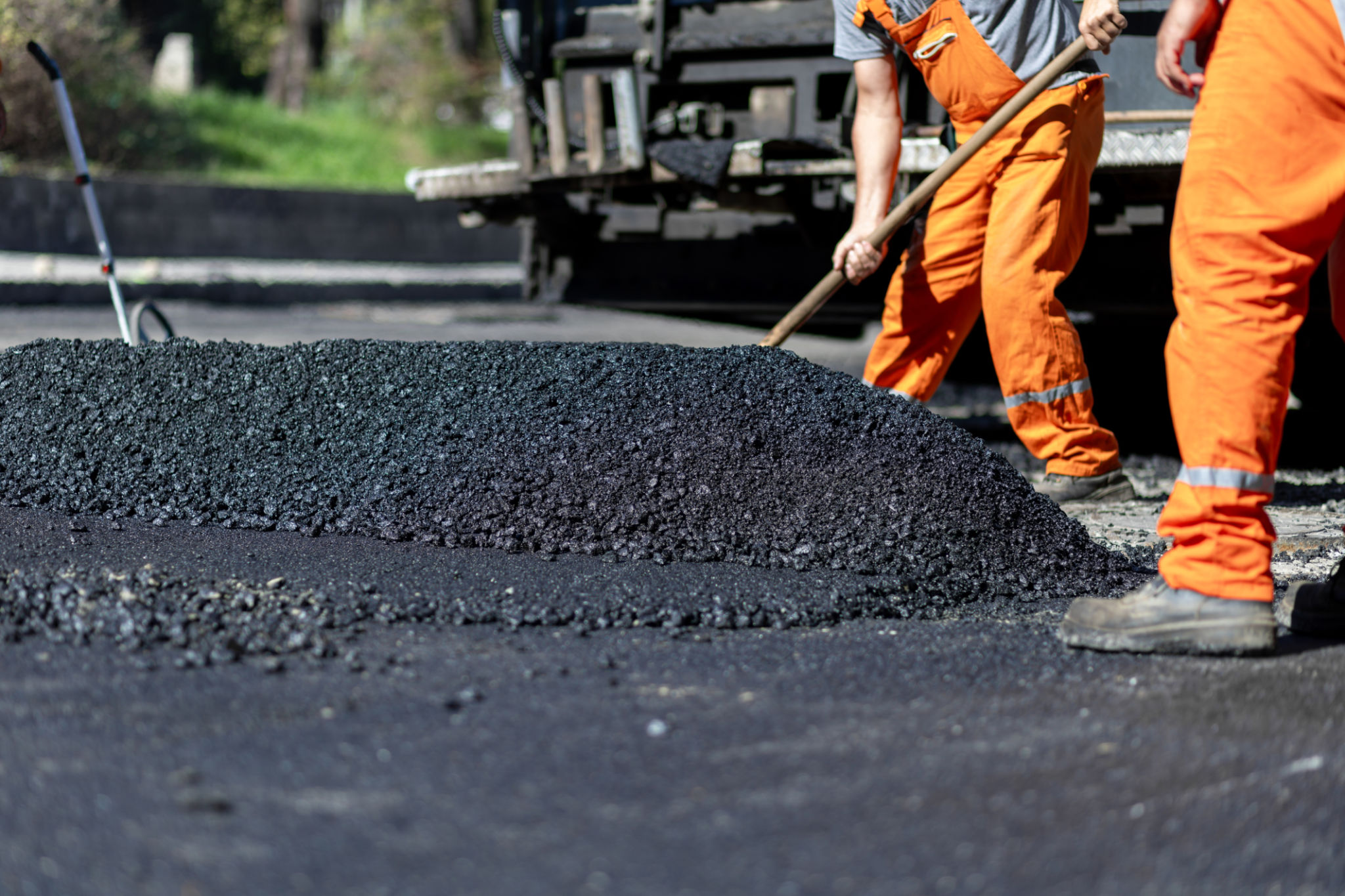Asphalt vs. Concrete: Which is Better for Your Closter Property?
CL
Introduction
When it comes to choosing the right material for your Closter property's driveway or parking area, the decision often boils down to two popular options: asphalt and concrete. Both materials have their own sets of advantages and disadvantages, making it essential to consider your specific needs before making a choice.

Durability and Lifespan
Durability is a key factor when deciding between asphalt and concrete. Generally, concrete driveways last longer than asphalt ones, often exceeding 30 years with proper maintenance. Asphalt, on the other hand, typically lasts 15 to 20 years. However, asphalt is more flexible than concrete, making it less prone to cracking under pressure.
Climate Considerations
The climate in Closter can also influence your decision. Asphalt tends to perform better in colder climates as it can withstand freezing temperatures and is less likely to crack. Conversely, concrete is more suitable for hot climates due to its ability to resist heat without deforming.

Cost and Installation
Cost is often a deciding factor for many property owners. Asphalt is generally more affordable to install than concrete. The initial cost of asphalt is lower, and it also requires less time to install, allowing you to use your driveway sooner. However, concrete, while more expensive upfront, often proves to be more cost-effective in the long run due to its longevity.
Maintenance Requirements
Both materials have specific maintenance needs. Asphalt requires periodic sealing every few years to maintain its appearance and durability. Concrete, on the other hand, requires less frequent maintenance, although it may need sealing or repair for cracks.

Aesthetic Appeal
The appearance of your driveway can significantly impact your property's curb appeal. Concrete offers more options in terms of color and texture, allowing for a customized look that can complement your home’s architecture. Asphalt, while typically available in black, offers a smooth, clean appearance that many find appealing.
Environmental Impact
Considering the environmental impact is also crucial. Concrete production is energy-intensive, contributing to higher CO2 emissions. Asphalt, while not entirely eco-friendly, can be recycled, reducing its environmental footprint. Choosing recycled materials for either option can help mitigate environmental concerns.
Conclusion
Ultimately, the choice between asphalt and concrete for your Closter property depends on a variety of factors, including budget, climate, and aesthetic preferences. Both materials offer unique advantages, making it essential to weigh these considerations carefully before making a decision. Consulting with a local expert can also provide valuable insights tailored to your specific situation.